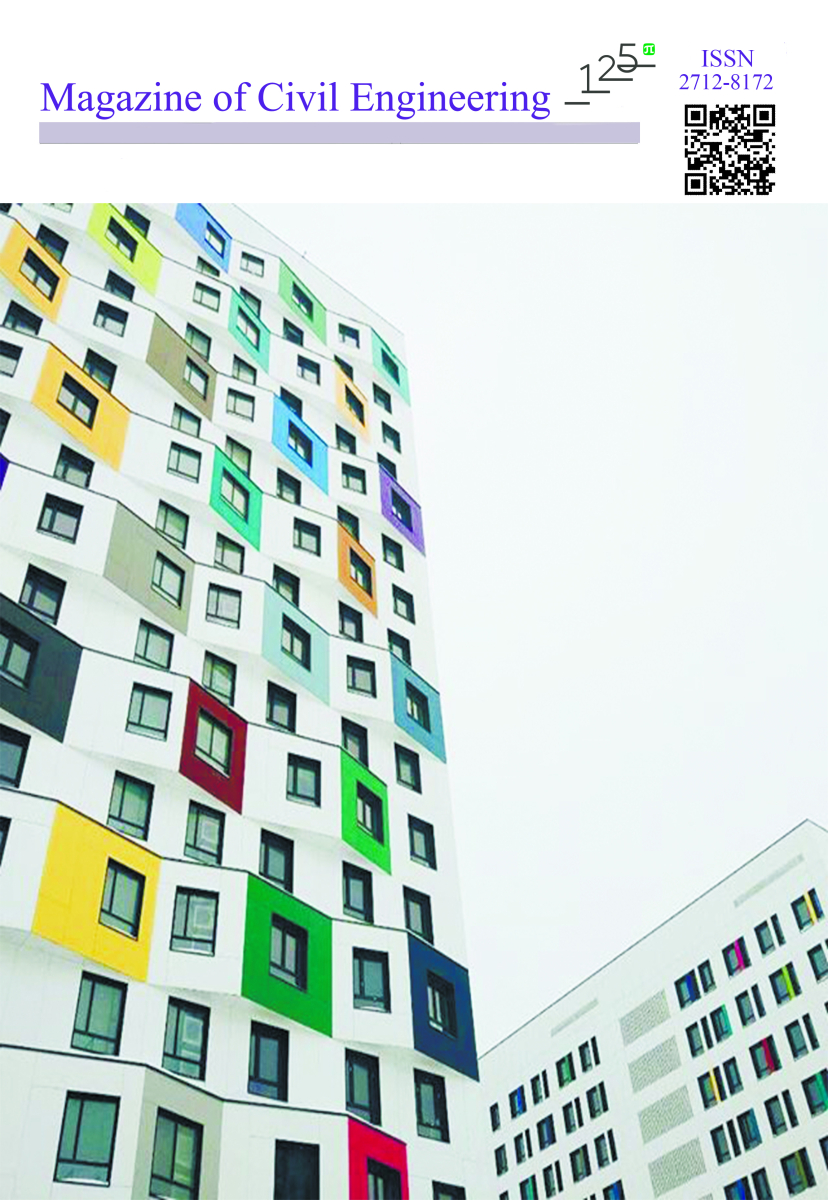Shear strength and chemical properties of soft clayey soil treated with magnetized water
Design criteria of any type of foundation are mainly depending on the shear strength of the soil founded on/in it. In this research, investigation of the effect of magnetized water (MW) on shear strength and chemical properties of soft clayey soil was investigated. The shear strength of soft soil before and after treatment by MW was measured by an unconfined compressive strength test (UCST) and vane shear test (VST). Tap water used to treat the soft soil was modified by different magnetic field intensities (2000, 4000, 6000, and 8000 Gauss). Two-time intervals were used to conduct the shear strength tests for all intensities: first, after 7 days of treatment of the soil by MW, and second after 14 days. The circulating of MW through soft clayey soil samples for 7 days shows increasing the unconfined shear strength by 17, 39, 42, and 45% for soil treated with MW of intensity 2000, 4000, 6000, and 8000 G, respectively compared to the reference soil sample treated under the same conditions with tap water (TW). Increasing the duration of treatment up to 14 days showed increasing in the UCS of soft soil by 35, 49, 92, and 120% for soil treated with MW of intensity 2000, 4000, 6000, and 8000 G, respectively. On the other hand, the shear strength (Suv) measured by the vane shear device increased with increasing the intensity of the magnetic field for the same duration of treatment. The magnetized water technique can be considered as a promising and sustainable technology to be employed in geotechnical engineering to improving the geotechnical properties of soil.


